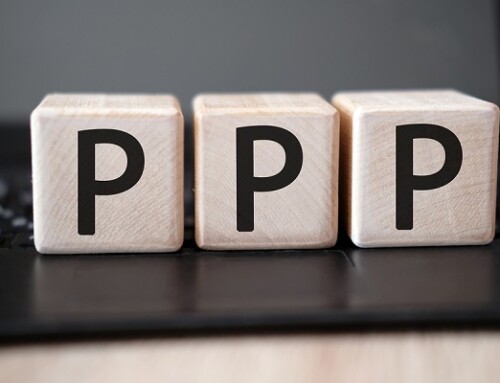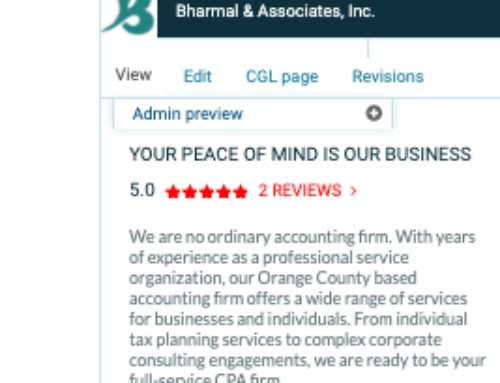Wouldn’t it be nice if there was a pill we could take to make ourselves immune to all potential unpleasantness with our clients? There isn’t, but we have something almost as good: we can take steps to manage the client’s expectations. Managing client expectations can be a little tricky. It’s a balancing act of sorts. On one hand, we want our clients to feel confident that we can give them what they need, when they need it. On the other hand, we don’t want to make the mistake of over-promising and under delivering – that would be a disappointment all around. Here are some tips for preventing sticky situations and keeping you and your clients happy with your work:
Be specific. When you’re initially setting expectations with a client for a project, be as specific as possible about things like when the project will be completed, what resources you’ll need from the client and when, exactly what the client will and won’t be getting for their money, and how the client will be invoiced and expected to pay. There’s (almost) no such thing as providing too much detail. Specifics protect both you and the client.
Be fair to yourself. You can probably think of a hundred good reasons to take on that extra project, even though you’ve reached your limit. Don’t do it. Give yourself a reasonable amount of time to complete each project. And don’t be afraid to set realistic timelines with prospective clients. You might think a later delivery date will scare them away to your competition. However, if you take on something you don’t truly have time for, you’re probably going to deliver a rushed work product you’re not especially proud of, and that client may never return or send you referrals. Being fair to yourself is also being fair to your client.
Anticipate potential setbacks and share them up front. If you’ve been doing your kind of work for a while, you probably know what most of the potential setbacks could be in a project. Tell the client up front about possible problems, delays, etc. That way, if something does happen, it won’t be a total shock. You’ll also have given them an opportunity to plan ahead. Provide a date range for completion deadlines. Many a business relationship has soured over missed deadlines, and many a solopreneur has soured on his or her business from burnout. Give yourself some flexibility in your deadlines by providing a range of potential completion dates, rather than one concrete date. In other words, rather than telling a client their work will be done Friday before close of business, tell them you’ll deliver sometime between Friday and Monday. Aim for Friday, knowing you have some extra time if you need it. And if you deliver Friday rather than Monday, you’ll look like a rock star for completing work on the early side.
Problem? Tell the client immediately. It’s never fun having to tell a client about a glitch or delay. But the longer you keep it a secret, the worse it will be for the client. When something goes wrong, let them know as soon as possible, giving them maximum time to make necessary adjustments. The same goes for any time you’ve got a question. You might be tempted to put off asking in the hopes that an answer will magically appear and you’ll look less stupid. But actually, you’ll look much more competent (and confident) if you ask questions promptly. Disasters of many kinds can be averted when we’re proactive in managing our clients’ expectations. If we can make the above guidelines a habit, we’ll enjoy more positive outcomes and happier clients – and may never have a truly bad day of work again.





